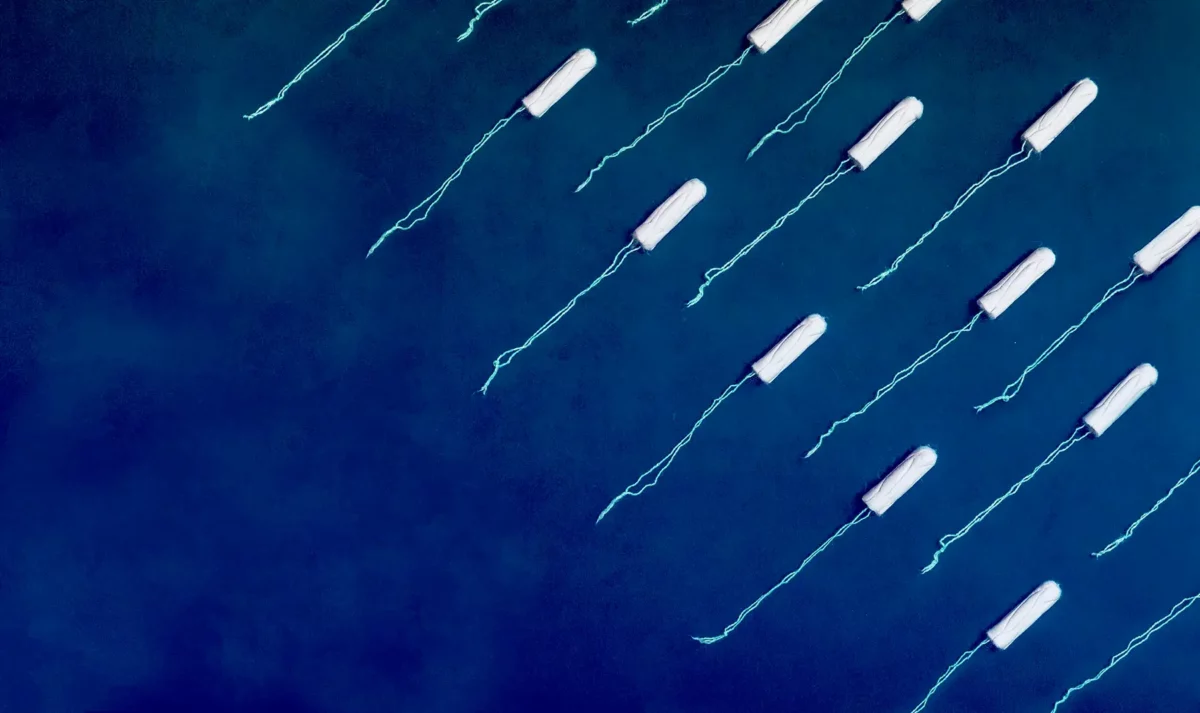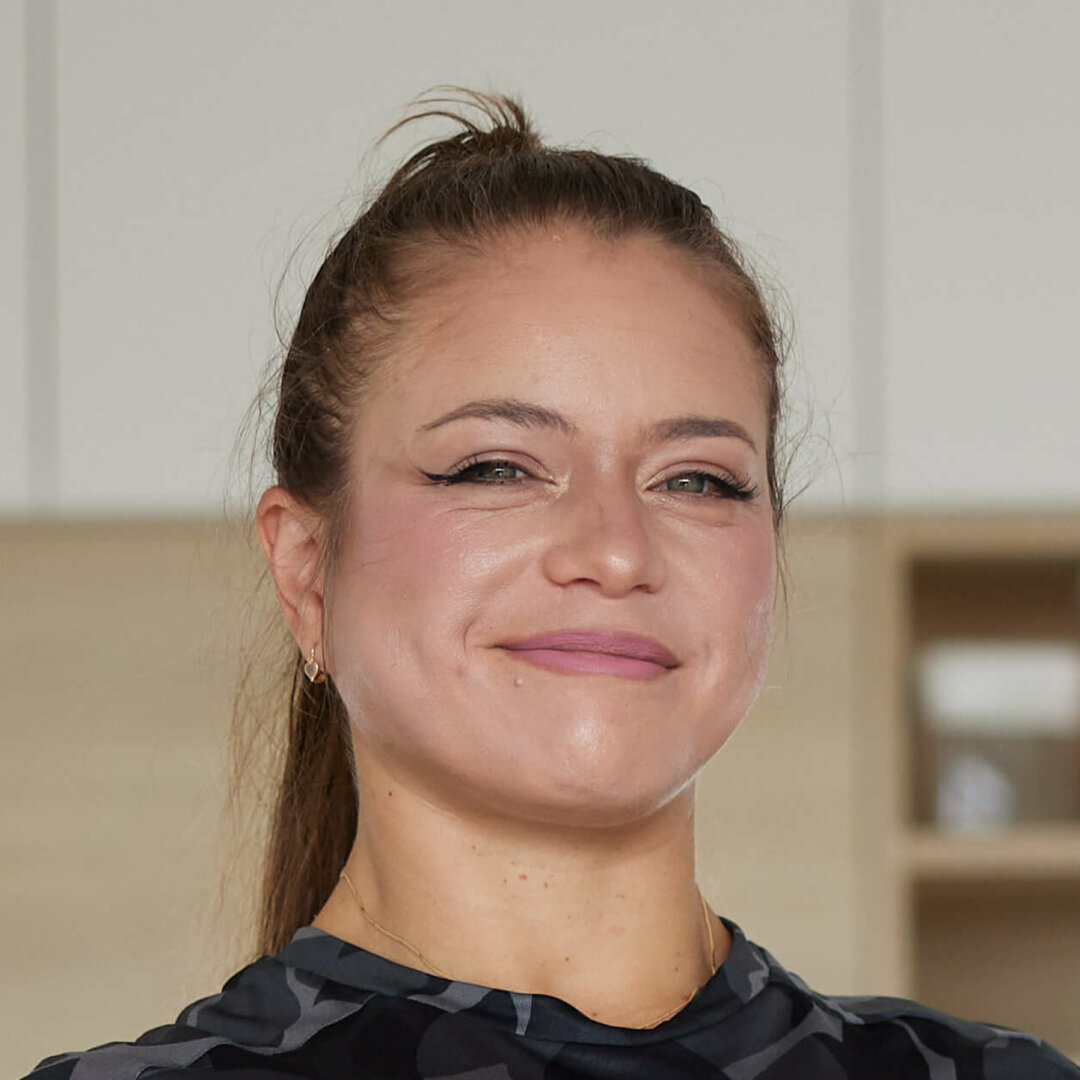An increasing number of people, in particular recreationally trained young women, choose not to consume animal products and follow a vegan diet. Studies have shown no difference in performance and muscle adaptations between a vegan and an omnivorous diet when energy expenditure and protein intake are matched in combination with resistance training. However, there are hardly any studies on the transition phase from an omnivorous to a vegan diet, despite potential difficulties.
Therefore, we will look at a study that investigated the effects of transitioning from an omnivorous to vegan diet without specific macronutrient intake requirements on body composition, lower body performance, and the menstrual cycle in young, recreationally trained women.
Overview
- What did they test? The authors conducted a 12-week controlled trial that examined the effects of transitioning from an omnivorous to vegan diet without specific macronutrient intake requirements on body composition, lower body performance, and the menstrual cycle in young, recreationally trained women.
- What did they find? Nine participants completed the study. The vegan diet led to a significant reduction in protein intake and a significant increase in carbohydrate intake. In addition, a significant decrease in body weight, skeletal muscle mass and countermovement jump was observed. No significant changes in hormonal rhythm were identified.
- What does it mean for you? Understanding these effects could provide valuable insights for female athletes or fitness enthusiasts considering transitioning to a vegan diet. However, as this study was only eight weeks long, no conclusions on long-term effects can be drawn at this time and further long-term studies are needed.
What’s the problem?
Purpose
An increasing number of people, in particular recreationally trained young women, choose not to consume animal products and follow a vegan diet. The vegan diet is rich in fiber, vitamins, and antioxidants and has preventive effects on the development of obesity, hypertension, diabetes, and cardiovascular mortality 1. However, the vegan diet can also be associated with micronutrient deficiencies, such as vitamin B12 2, and often requires careful planning to ensure adequate protein and certain micronutrient intake. In fact, the energy and protein requirements of recreational, fitness-oriented, and competitive athletes are higher than those of the general population, depending on the duration of training 3. In addition, there are further recommendations for physically active individuals and athletes who follow a vegan lifestyle to meet their daily protein requirements 4.
Studies have shown no difference in performance and muscle adaptations between a vegan and an omnivorous diet when energy expenditure and protein intake (at least 1.6g/kg/bw) are matched in combination with resistance training 5. However, the majority of studies focus exclusively on matched energy intake or macronutrient distribution, or compare the performance of athletes who have already implemented their nutritional habits in their everyday lives. This means that there are hardly any studies on the transition phase from an omnivorous to a vegan diet without specific macronutrient intake requirements, despite potential difficulties.
This highlights the need to examine the effects of transitioning from an omnivorous to vegan diet without specific macronutrient intake requirements on body composition, lower body performance, and the menstrual cycle in young, recreationally trained women.
Hypothesis
The authors did not provide any formal hypotheses in the study.









